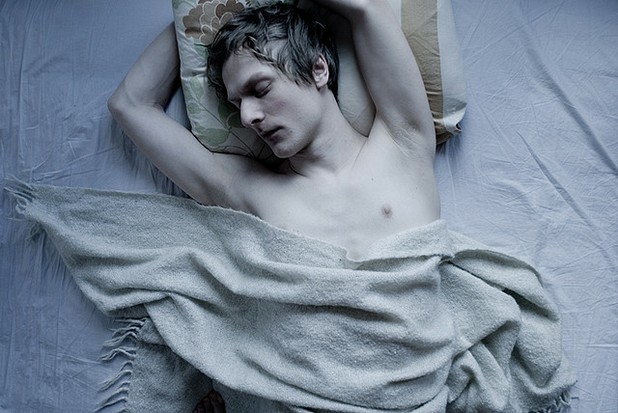Research: How Alcohol Affects Sleep (It Doesn’t Help)
A lot of people use a drink or two (or more) as a way to ease into sleep. But though alcohol helps you to fall asleep more quickly, it probably makes you more tired the next day.
Researchers at The London Sleep Center have consolidated the findings of more than 20 studies to come up with an overview report on what we know so far about alcohol’s impact on sleep quality.
All studies accepted into the review were methodologically sound and were performed on healthy individuals (people without mental or physical health concerns that might compromise sleep quality).
Here’s what they found out:
Findings - How Alcohol Affects Sleep Quality
At all dosages, Alcohol:
- Decreases the amount of time it takes to fall asleep
- Causes deeper sleep in the first half of the night
- Causes more disrupted sleep in the second half of the night
and:
- Alcohol increases the amount of slow wave sleep we get during the first half of the night. During slow wave sleep the body repairs tissue, strengthens the immune system and builds bone and muscle.
- Because alcohol causes deeper sleep in the first part of the night it can increase problems with sleep apnea and sleepwalking, among people susceptible to these problems
- At low doses, alcohol causes little disruption to REM sleep. At high doses, alcohol causes a reduction in the amount of REM sleep you get in the first and second half of a night’s sleep. At moderate doses, you get disrupted REM sleep in the second half of the night only. (So both moderate and high doses cause a reduction in total REM sleep)
- Insufficient REM sleep leads to a non-restful night’s rest. Other consequences of insufficient REM sleep include memory and motor problems and impaired concentration abilities
In Summary
Lead researcher Irshaad Ebrahim notes that although many people believe that alcohol helps with sleep, that, “alcohol on the whole is not useful for improving a whole night's sleep. Sleep may be deeper to start with, but then becomes disrupted. Additionally, that deeper sleep will probably promote snoring and poorer breathing. So, one shouldn't expect better sleep with alcohol."
The full results will be available in the study April 2013 edition of Alcoholism: Clinical & Experimental Research
Post a comment 0
Copyright Notice
We welcome republishing of our content on condition that you credit Choose Help and the respective authors. This article is licensed under a Creative Commons License.

 John Lee
John Lee
